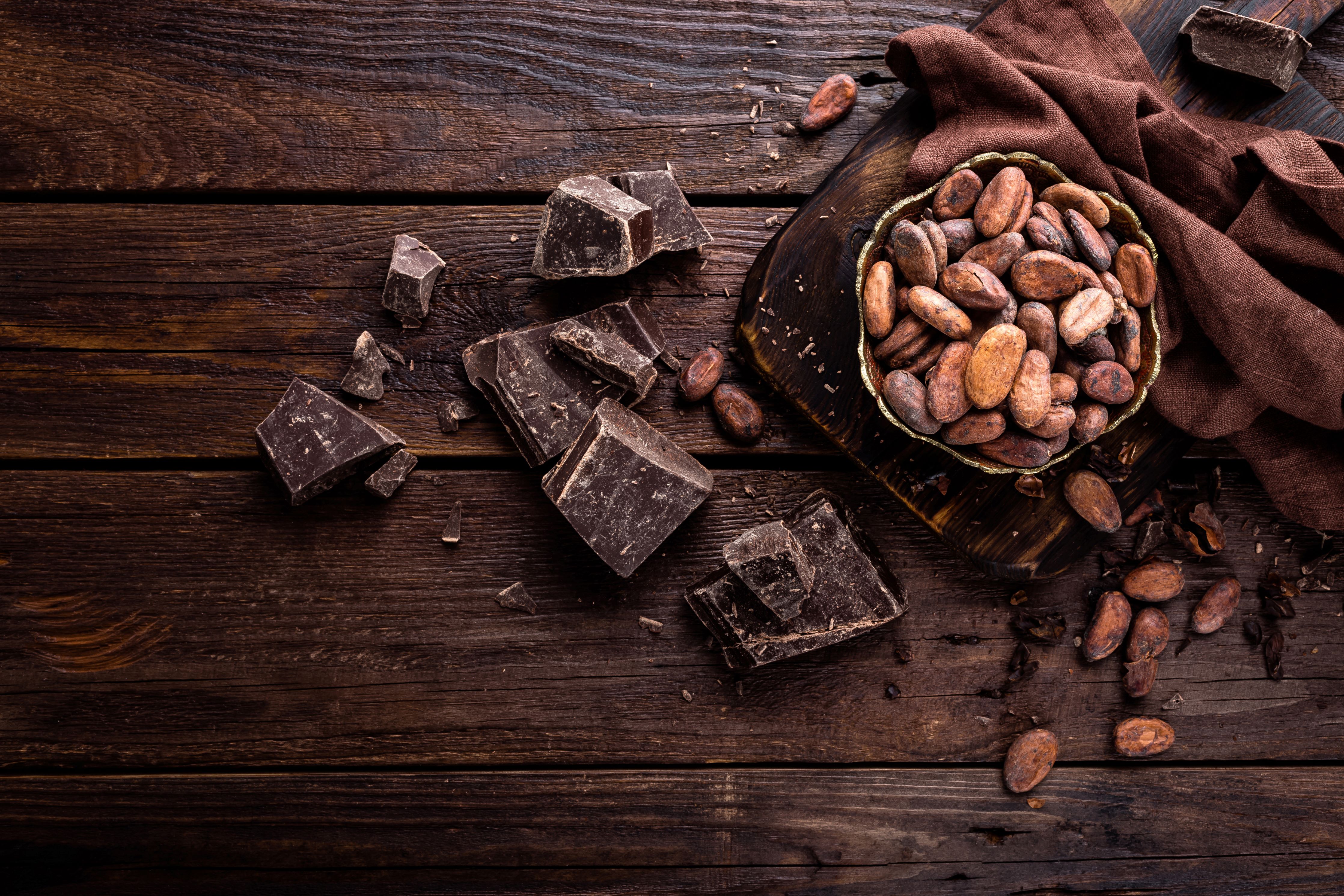
In this new series for the IOE&IT Daily Update, we examine a major commodity and cover the latest news relating to how it is traded on the global marketplace.
Next up, just in time for Valentine’s Day, we explore cocoa.
Valentine’s Day and chocolate go together like Romeo and Juliet.
And a key part of this match is cocoa beans, the base ingredient used to produce all kinds of sweet goods, from hot cocoa to chocolate bars to praline bites.
The world’s collective sweet tooth continues to fuel demand for the commodity, according to an Insight Partners assessment of cocoa derivatives, which predicts the market size continuing to grow from $27.80bn in 2022 to $37.79bn by 2028.
Supply
Cocoa futures were around $2,600 per tonne, near to an 11-month high of $2,690 on 9 January, as investors weighed supply concerns against lower demand.
Reuters reports that above-average rain in most of Ivory Coast’s cocoa regions will boost the April-to-September mid-crop after weeks of dry weather.
The latest data shows the North American cocoa grind, a measure of demand, fell 8.13% year-on-year in the fourth quarter.
Producers and importers
The world top cocoa producing countries for 2021-22 were (1,000 metric tonnes):
Ivory Coast – 2,200
Ghana – 822
Ecuador – 370
Cameroon – 280
Nigeria – 280
The top importers of cocoa are:
Netherlands – 20% of world imports
USA – 13.5%
Malaysia – 12.5%
Germany – 7.9%
Indonesia – 6.4%
Commodity outlook
As with many commodities, the combination of pandemic, weather and war saw price rises for cocoa beans, with associated energy prices pushing up production costs.
This led many confectionery companies to shrink the size of their bars rather than increase prices too much.
Chocolate is the most complained about food product when it comes to ‘shrinkflation’, reports Grocery Gazette.
According to the Grocer, while Rabobank’s 2023 outlook report for agri-commodities sees more price rises this year, they will eventually ease off.
Production concerns
Beyond price inflation, there are concerns around cocoa relating to its production methods which are associated with child labour, exploitation and environmental degradation.
Despite an initiative signed in 2017 between the world’s major cocoa companies, the Ghanaian and Ivorian governments and the IDH Sustainable Trade Initiative, the situation hasn’t changed much, reports Reuters.
The two African countries have lost around 94% and 80% of their forests in the past 60 years, one-third of it to make way for growing cocoa.
Legislation incoming
Impetus for change is due from upcoming regulation in Europe and UK to ban the import of illegally produced forest-risk commodities, including cocoa.
According to Reuters, the EU regulation will produce one of the biggest shifts in supply chain rules in years, reducing the deforestation footprint of commodities such as palm oil, soya and cocoa.
The Guardian reports on efforts to make ethical chocolate and finds that the complex supply chain means it is a tough task, with even well-meaning brands linked to processing facilities that have been associated with child labour.
Despite decades of promised reforms from confectionery giants, the cocoa supply chain remains riddled with human rights and environmental abuses, it claims.
The average price of cocoa has remained around $2,400 a tonne for five decades and cocoa farmers have continued to be paid the same.
Meanwhile chocolate prices have risen meaning that they get less of the value of every chocolate bar sold – down from 50% in the seventies to about 6%.
Mapping fairness
In an attempt to shine a light on poor practice, Fairtrade has launched a map to identify human rights and environmental risks in cocoa and other commodities.
In the Ivory Coast, cocoa farmers are being handed electronic cards to enable tracking of beans.
The country’s Coffee-Cocoa Council (CCC) began distributing the “coffee-cocoa producer card” as part of a traceability programme launched in response to EU plans to ban imports of commodities linked to deforestation and rights abuses by 2024.



